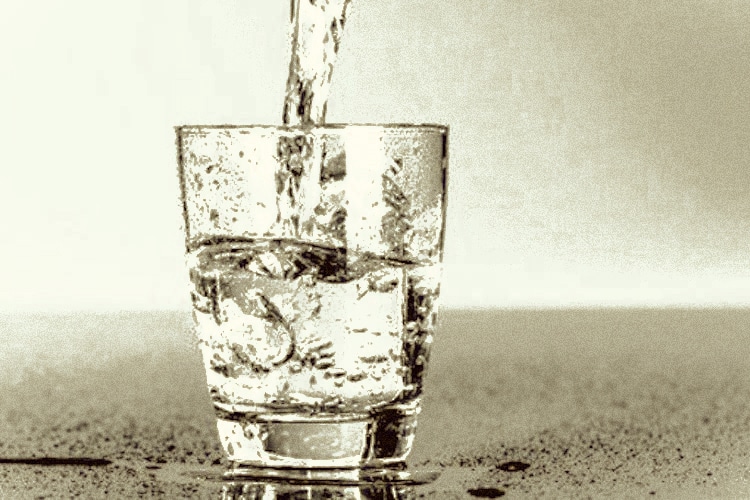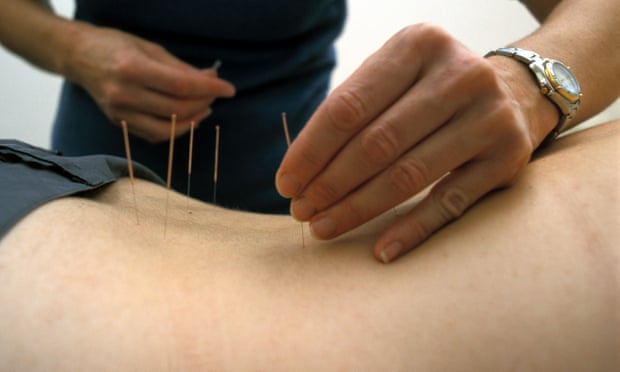A post copied from Katie O’Meara Orrico Benjamin Easton: I am sick and tired of the “I believe every doctor and pharmacist” I hear. Show me the facts! I take zero medicine, for over 21 years, and I don’t get sick, EVER! This is a very thoughtful argument from a doctor with immense experience. Read it!
Was removed from facecrack. From Ray Andrews, MD. March 22, 2019
“I am running into increasing numbers of patients/parents who decline to receive vaccinations. I don’t call them “anti-vaxxers” because that is the most immature way I can imagine to refer to another human being with an opinion, whether I consider it informed or not. Name-calling is what people do in politics when they don’t have an intelligent response to an opposing party’s argument or viewpoint. This is supposed to be science, not politics.
Based on my experience, those who choose not to vaccinate care just as much about their children as you and I do. But they are looking for information. They no longer consider the AAP and the CDC as unbiased sources of information because the former has ties to the drug industry and the latter actually owns vaccine patents. These parents want me to show them long-term safety studies, which I am unable to find. They are bothered by the ingredient lists of vaccines, knowing that there are EPA-listed toxins in many of them. Some don’t like knowing that cells and DNA from aborted fetuses as well as animals are used in vaccine production. Some demand true double-blind, randomized, placebo-controlled (using saline controls, not adjuvants) trials proving efficacy, which simply do not exist, even though we keep telling everyone that this is the gold standard in medicine. Some ask why—if informed consent exists for every other procedure in medicine—doctors and governments are trying to force vaccination on them, throwing informed consent (a legal right, I was taught) out the window. Some make the argument that, if vaccines are so effective, the vaccinated shouldn’t worry about getting sick from the unvaccinated. And they ask me for scientific proof of the theory of herd immunity. I don’t remember being shown any evidence of this in medical school. It was simply taught as a self-evident fact. But my patients don’t accept “facts” anymore, not without seeing some proof.
So, when I receive all of these communications from different organizations telling me how I am supposed to combat the growing threat of vaccine deniers, I feel like a straw man because these communications never present actual evidence to respond to the questions of these parents. They’re just talking points, empty claims, and official pronouncements.
In conclusion, some of my patients vaccinate, and some don’t. I respect both kinds. They are both intelligent and care for their children. Last I checked, the Hippocratic oath doesn’t require me to insult people with whom I don’t agree. I present what evidence I can find, and let them choose based on their values, not mine. Maybe that’s not allowed anymore. Maybe I’m supposed to kick them out of my practice if they disagree with me. Maybe they should be kicked out of school. Out of the country, even. If that’s the America of the future, that’s not a country I would want to live in.”






